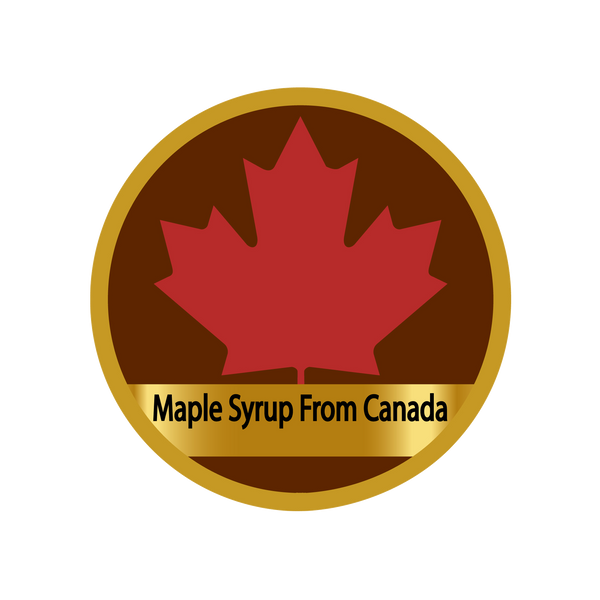Nutritional Properties of Maple Syrup
Maple syrup is a natural sweetener derived from the sap of maple trees. It not only adds a distinctive flavor to foods and beverages but also offers various nutritional properties. Here's an analysis of the nutritional properties of maple syrup:
1. Natural Sweetness:
- Maple syrup is primarily composed of natural sugars, primarily sucrose, with smaller amounts of glucose and fructose.
- The natural sugars in maple syrup provide a source of quick energy, making it a suitable option for pre- or post-workout snacks.
2. Calories:
- Maple syrup is calorie-dense due to its sugar content. One tablespoon of maple syrup contains approximately 52-60 calories.- Its caloric density should be considered when incorporating it into recipes, especially for those watching their calorie intake.
3. Vitamins and Minerals:
- Maple syrup contains trace amounts of several vitamins and minerals, including potassium, calcium, magnesium, iron, and zinc.
- While these amounts are relatively low, they contribute to the overall nutritional profile of maple syrup.
4. Antioxidants:
- Maple syrup contains various antioxidants, such as phenolic compounds and flavonoids, which can help neutralize free radicals and contribute to overall health.
- These antioxidants may have potential benefits for reducing oxidative stress and inflammation in the body.
5. Polyphenols:
- Certain grades of maple syrup, particularly darker ones, are known to have higher concentrations of beneficial polyphenols.
- These polyphenols have been linked to potential health benefits, including anti-inflammatory effects and support for cardiovascular health.
6. Absence of Additives:
- Pure maple syrup is generally free from artificial additives, colorings, and preservatives.
- This natural quality makes it an attractive alternative to refined sugars and artificial sweeteners for those seeking minimally processed options.
7. Glycemic Index:
- Maple syrup has a moderate glycemic index (GI), which means it can cause a slower and steadier rise in blood sugar compared to high-GI sweeteners.
- This can be advantageous for individuals looking to manage their blood sugar levels.
8. Flavor and Palatability:
- The unique flavor of maple syrup can enhance the taste of various dishes and beverages without the need for excessive amounts.
- Its distinctive taste might encourage moderation in usage, which can be helpful for controlling overall sugar intake.
9. Nutritional Comparison:
- When compared to traditional refined sugars, maple syrup offers a slightly higher concentration of minerals and antioxidants due to its natural origin.
10. Considerations:
- While maple syrup does offer some nutritional benefits, it's important to consume it in moderation as part of a balanced diet.- Be mindful of its calorie content, particularly if you're trying to manage weight or blood sugar levels.
Incorporating maple syrup into recipes can provide a natural sweetness and unique flavor, along with potential nutritional advantages. However, as with any sweetener, it's best to use maple syrup in moderation and within the context of an overall healthy eating pattern.
